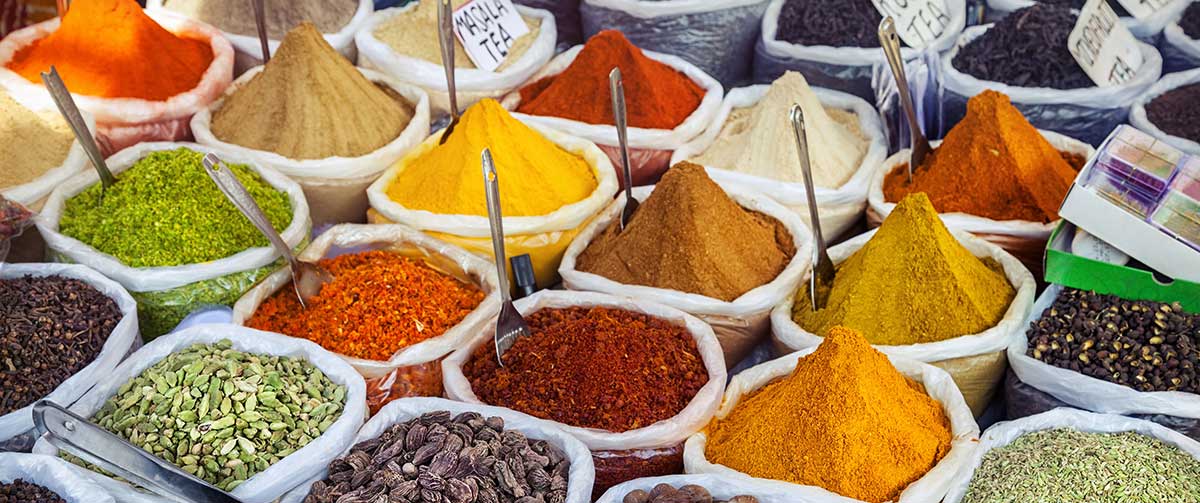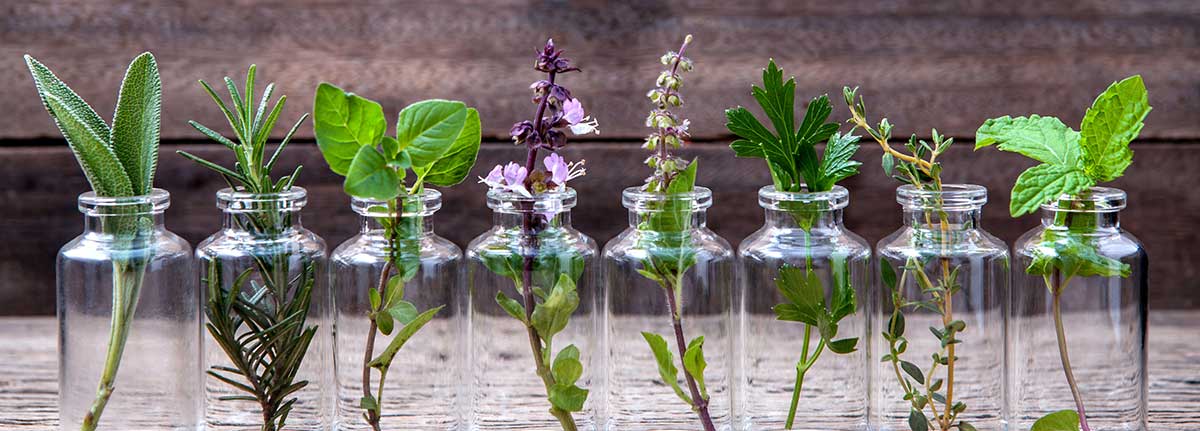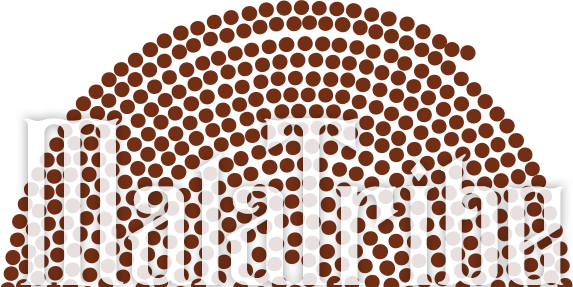Also called herbalism or herbal medicine, herbology is an ancient and traditional practice of using plants for curative and healing purposes.
Herbs and other plants have long played a key role in traditional healing practices around the world. There are teas, elixirs, supplements, lotions, compresses, rubs, serums, tinctures, soaks, inhalants and other healing solutions developed with herbs to treat a wide range of conditions and promote wellness. When we learn how to use them, natural herbal remedies can be highly beneficial to our well-being.

Herbology varies widely across the world depending on geographic location and culture. Different plants and herbs grow in different locations and climates and each culture has developed their own unique traditional healing practices over time. We can think of herbology like cooking – food varies widely across the world and it is largely influenced by the ingredients that are available in each place. Lemongrass is abundant in Thailand, jalapeñosin Mexico, turmeric in India, saffron in the Middle East, and each of these strongly influence local cuisine and flavors. The same goes for natural healing remedies.
In traditional communities, healers are respected members of the community who use various methods for healing and many remedies include herbs. Healers pass down their knowledge to successors through apprenticeships and close mentoring relationships. They explain the types of herbs and plants and their properties and curative elements. They teach their students how to identify different plants, how to grow and cultivate them, and how to prepare and use them depending on different situations.
In the west, where pharmacology is a large part of healing, herbal remedies are also encouraged when appropriate. Before immediately turning to a pill or a drug, many people start out by trying to treat discomfort and illness with herbs and elixirs. For example, people may take an Epsom salt bath infused with lavender to relieve aching muscles or have chamomile tea at night to relax. They might try ginger tea for a stomach ache or breathe in eucalyptus through steam to relieve a stuffy nose. Natural solutions can go a long way to ease different illnesses. When there is a need for another, potentially stronger solution, western medicines are available.

If you are interested in learning more about herbology, we invite you to explore the information on our site. There are books you can read and courses you can take. We recommend that you learn from experienced experts and professionals. It is important that you understand the different herbs and what they can do, as well as develop a clear understanding about dosages, methods of consumption, potential allergic reactions, complications, interactions, and side effects. There are some herbal products that can be harmful if administered or consumed incorrectly.


